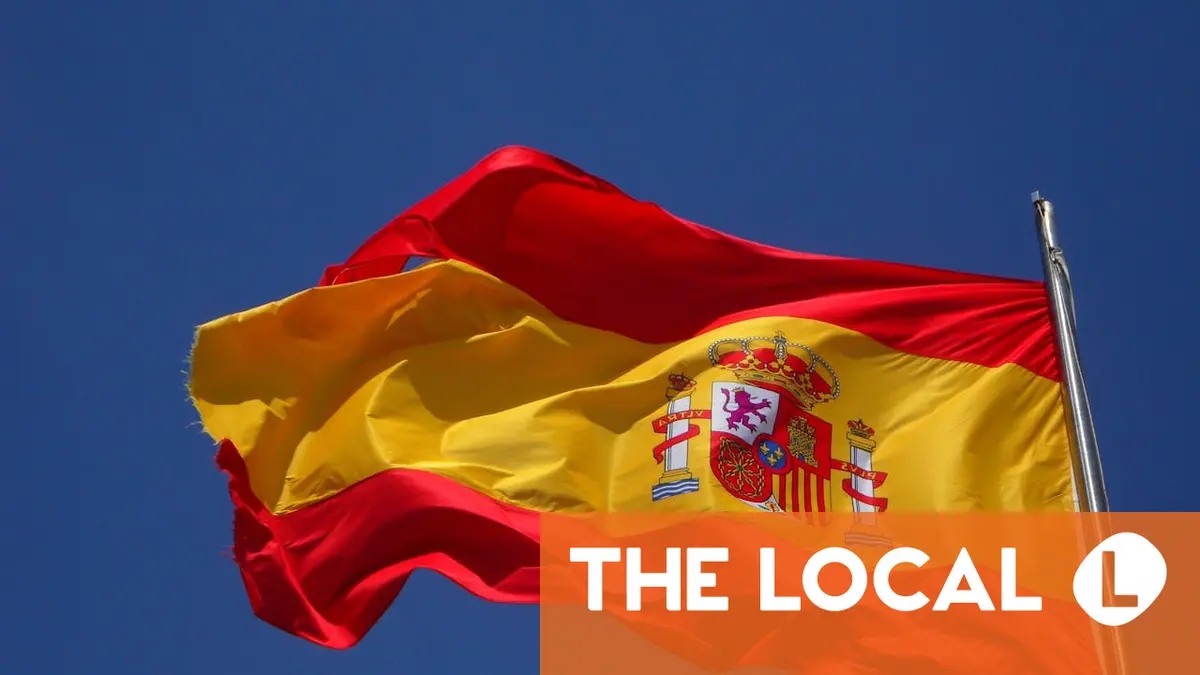EXCLUSIVE: Why getting Spain's Non-Lucrative Visa is now more difficult

Interested in moving to Spain with the help of the Non-Lucrative Visa? The Local Spain spoke to a Spanish immigration lawyer about how consulates are now asking for more documentary proof from applicants, making the process considerably harder.
The NLV, known in Spanish as the visado de residencia no lucrativa, is one of the most popular visas for non-EU nationals who want to live in Spain.
It enables you to live in the country for one year and then renew it for a further two years and then another two years after that, after which you’ll be eligible for long-term residency following a total five years of NLV residency.
As the name suggests, you’re not allowed to work in Spain while on the NLV, but you do have to show that you are financially stable by proving you have a certain amount of savings or you earn a certain amount of passive income from renting out a property abroad, from investments or from your pension payments for example.
You need to show you have 400 percent of the IPREM, which for 2025 is €600. This means proving you have €2,400 per month in passive income or savings of €28,800 per year.
READ ALSO: 7 must-read articles before applying for Spain's non-lucrative visa
Now, however, the requirements for the NLV have gotten a lot stricter and Spanish consulates in certain countries are asking for more proof. This is particularly true of consulates in the United States.
So while their have been no actual legislative changes since the Immigration Law back in May, consulates are now asking for more evidence.
María De Castro, CEO of Spanish law firm CostaLuz Lawyers explained to The Local that now applicants are being asked to provide the following documents by certain consulates:
- Proof you’ve already stopped working – This could include a termination or sabbatical letter from your job, or a notarised affidavit committing not to work in Spain, including no remote work.
- A brief statement of your intentions – In this letter you’ll need to provide the reasons for moving to Spain and your plans once you get here. For example, where you’ll live at least for the first few months and what are you planning on doing here.
- Proof of retirement – If you’re planning on retiring to Spain and using the NLV to do that, you will need to show proof you’re already receiving a pension or a life annuity. You can no longer move to Spain in advance and then retire.
- More granular bank evidence – You will need to provide recent bank statements not just evidence of where your passive income is coming from. Some consulates ask for year-end balances and average balance.
It’s important to point out that all consulates act differently and have different rules on what they require and will accept. While some will ask for the above documents, others will not.
READ ALSO: Does Spain check if you're working on the non-lucrative visa?
One member of the Spanish NLV (Non-Lucrative Visa) Facebook page said that they had to provide a letter of intent when applying from the UK.
“We said we had no intention of working. I, as a UK nurse, said I had removed myself from the register. We said we had bought a property in a rural village and intended to immerse ourselves in the way of life and the local community.”
Another said in their letter they wrote: “I am eager to learn more about the Spanish language, history, and culture. Now that I am retired and no longer need to work, I want to fulfil my dream of living in Spain”.
While a member of a different Spanish NLV Facebook group who applied from New York in the US wrote: “We were told we needed a termination letter from our last employer”.
Other applicants from the UK on the same Facebook group confirmed they had to show their P45 forms as proof they’d stopped working.
These latest changes come several months after the Spanish government clarified two key NLV issues.
The first was that they made it crystal clear in the legal text of its Immigration Law that you can’t work while on the NLV. This was a bit of a grey area for many years when many people wrongly believed that it only meant you couldn’t work in Spain, but you could still work online or remotely for example.
Since the introduction of the Digital Nomad Visa in 2023 this has also been pretty clear, as this is the visa you’re supposed to apply for if you want to work remotely.
The second was that you need to have lived more than 183 days in Spain during the previous year to be able to renew your Non-Lucrative Visa. In other words, you need to be a tax resident here.
READ ALSO: What financial proof can I show for Spain's non-lucrative visa?
Please sign up or log in to continue reading
thelocal





